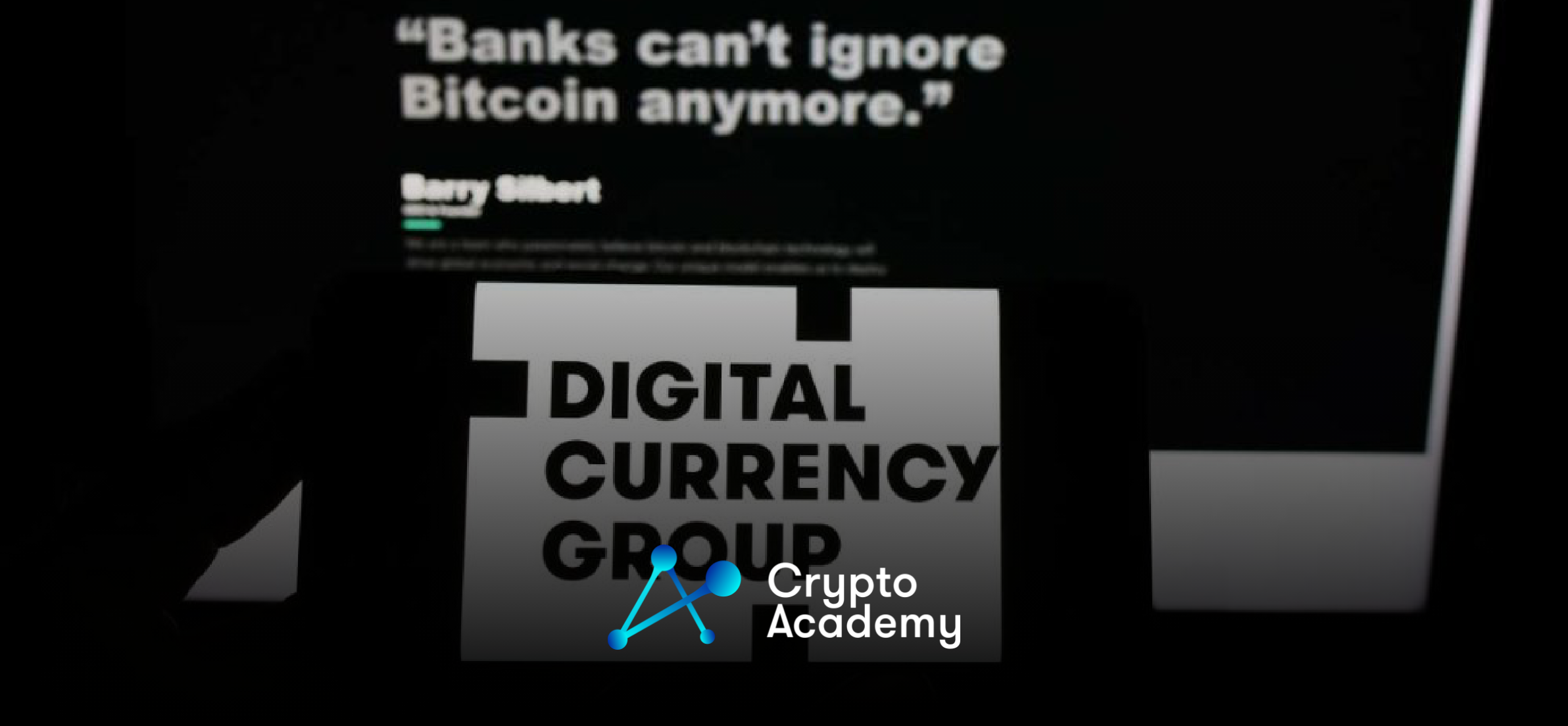Digital Currency Group (DCG) faces a mix of legal challenges, financial woes, and occasional victories in a volatile crypto landscape.
In 2015, Barry Silbert, formerly the CEO of SecondMarket, launched Digital Currency Group (DCG). With significant initial backing from major investors like Bain Capital Ventures, FirstMark Capital, MasterCard, and New York Life, the company positioned itself as a venture capital giant focusing on crypto-based companies. Rather than being a mere investment vehicle, Silbert envisioned DCG as a structured company.
The company made its first high-profile acquisition within a year, snapping up crypto news outlet CoinDesk for an amount estimated to be between $500,000 and $600,000. This move gave DCG a powerful voice in the cryptocurrency news landscape, further entrenching its influence.
Major Funding Rounds and ETF Aspirations
Fast forward to November 2021, Japanese multinational Softbank led a funding round, injecting a whopping $700 million into DCG. Google’s parent, Alphabet Inc., also participated. The investment pumped up DCG’s valuation to an impressive $10 billion. Marcelo Claure, CEO of SoftBank Group International, praised DCG as an unparalleled asset offering diverse exposure to the crypto market.
In April 2021, DCG’s crown jewel, Grayscale, announced its ambition to convert its Grayscale Bitcoin Trust into an exchange-traded fund (ETF). With assets under management totaling $38.8 billion, the transformation aimed to capitalize on investor demand. However, the real stumbling block came from the regulatory sector, primarily the U.S. Securities and Exchange Commission (SEC). By June 2022, Grayscale took the unprecedented step of suing the SEC, alleging irregularities and bias in the regulator’s repeated denials of its ETF application.
Financial Strain and Legal Battles
While Grayscale was battling regulators, another DCG subsidiary was in hot water. Genesis Global Capital faced liquidity issues, partly stemming from loans given to shaky firms like Three Arrows Capital and Alameda Research. The situation got murkier when the well-known digital asset platform FTX went under. Genesis responded by freezing customer withdrawals. DCG intervened by injecting $140 million in equity to help stabilize the lending arm.
Trouble didn’t stop there. The Winklevoss twins, operators of the Gemini Trust, got entangled in the mess since Genesis was the main lending partner for Gemini’s lending program. When Genesis froze withdrawals, it left a $900 million debt to high-yield savings customers of Gemini USD. Accusations of “bad faith” came flying from both camps, further muddying the waters.
Grayscale’s Legal Win and a Fresh Lawsuit
The story took a turn for the better for DCG when, in August 2023, a federal judge overturned the SEC’s decision to block Grayscale’s ETF plans. This milestone not only buoyed DCG but also brought fresh optimism to the crypto industry, hinting at an easier path to Bitcoin ETF approvals in the United States.
However, the light at the end of the tunnel dimmed when the New York Attorney General’s office slapped DCG and its affiliates with a lawsuit in September 2023. The lawsuit alleges the crypto giants misled investors and concealed losses exceeding a billion dollars, disproportionately affecting middle-class investors.

